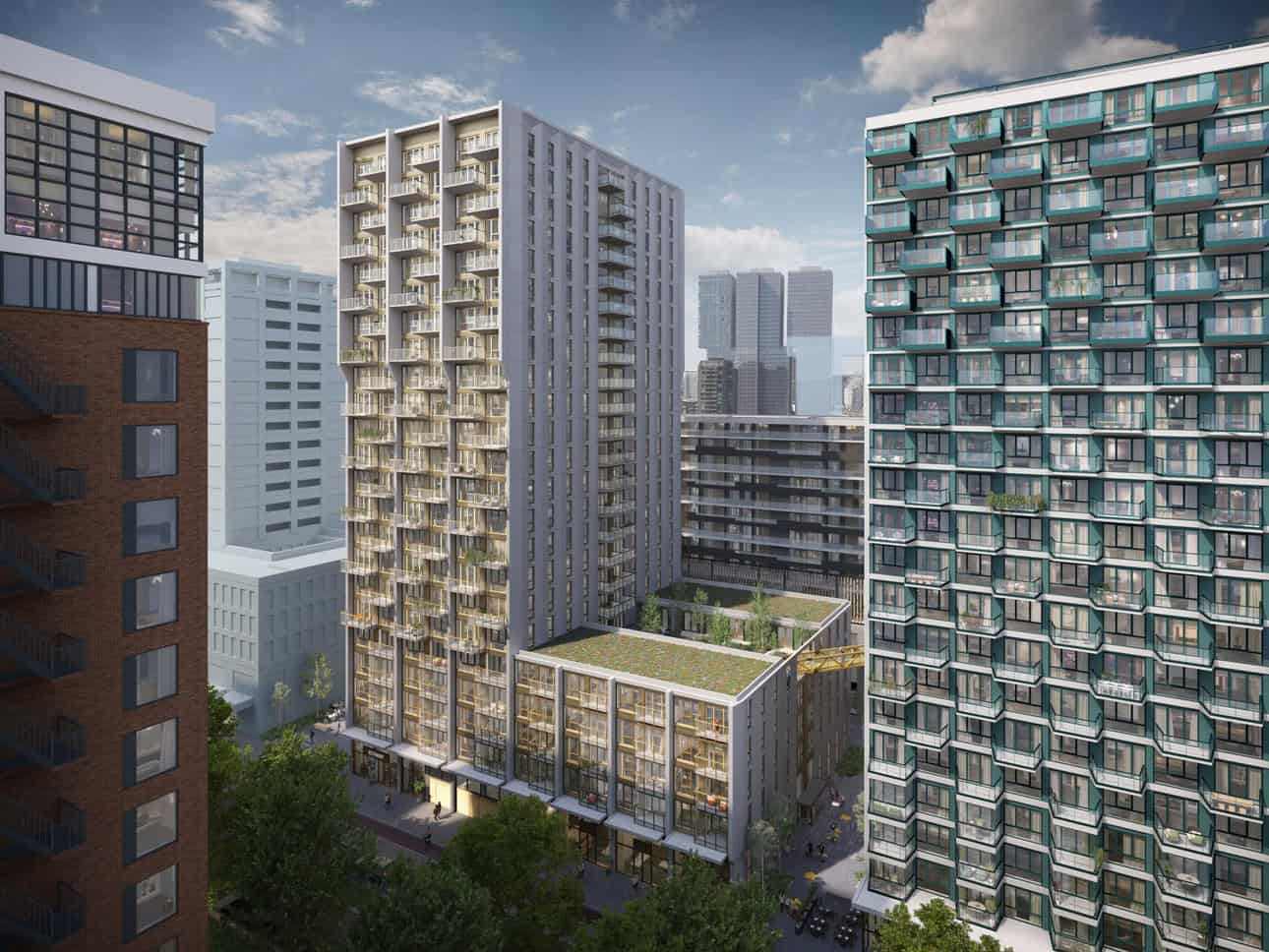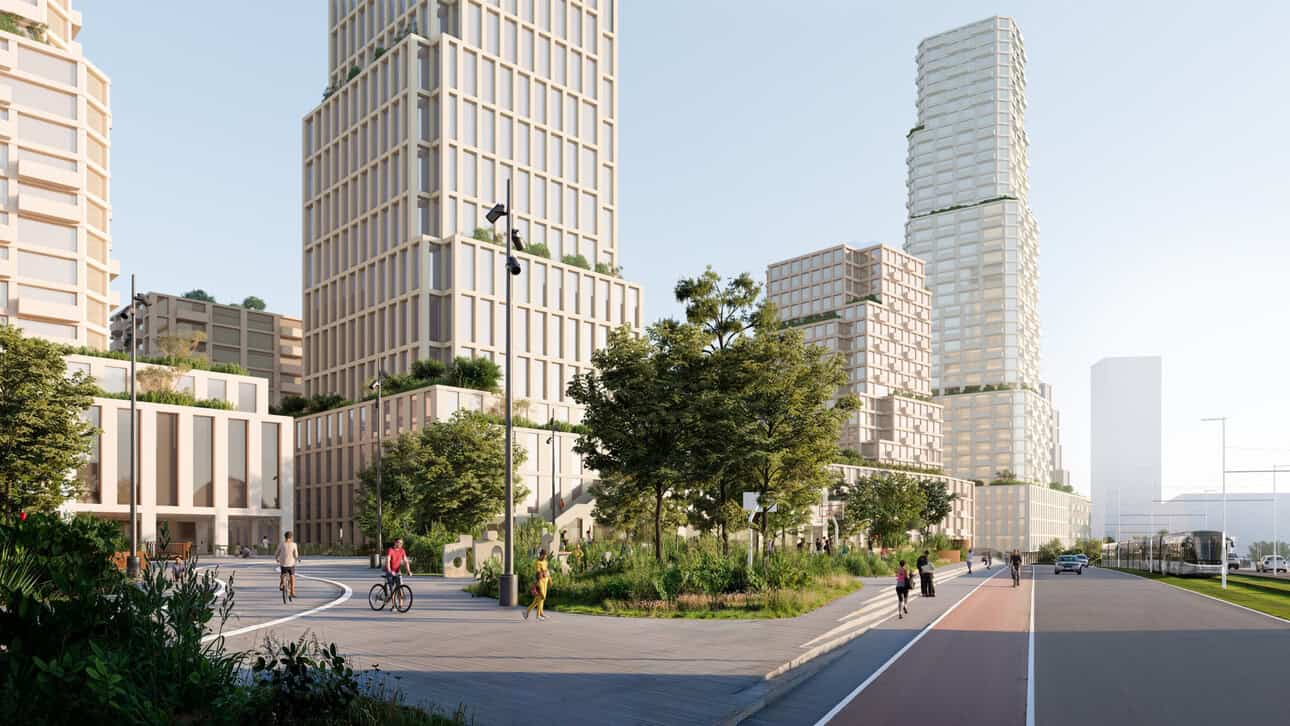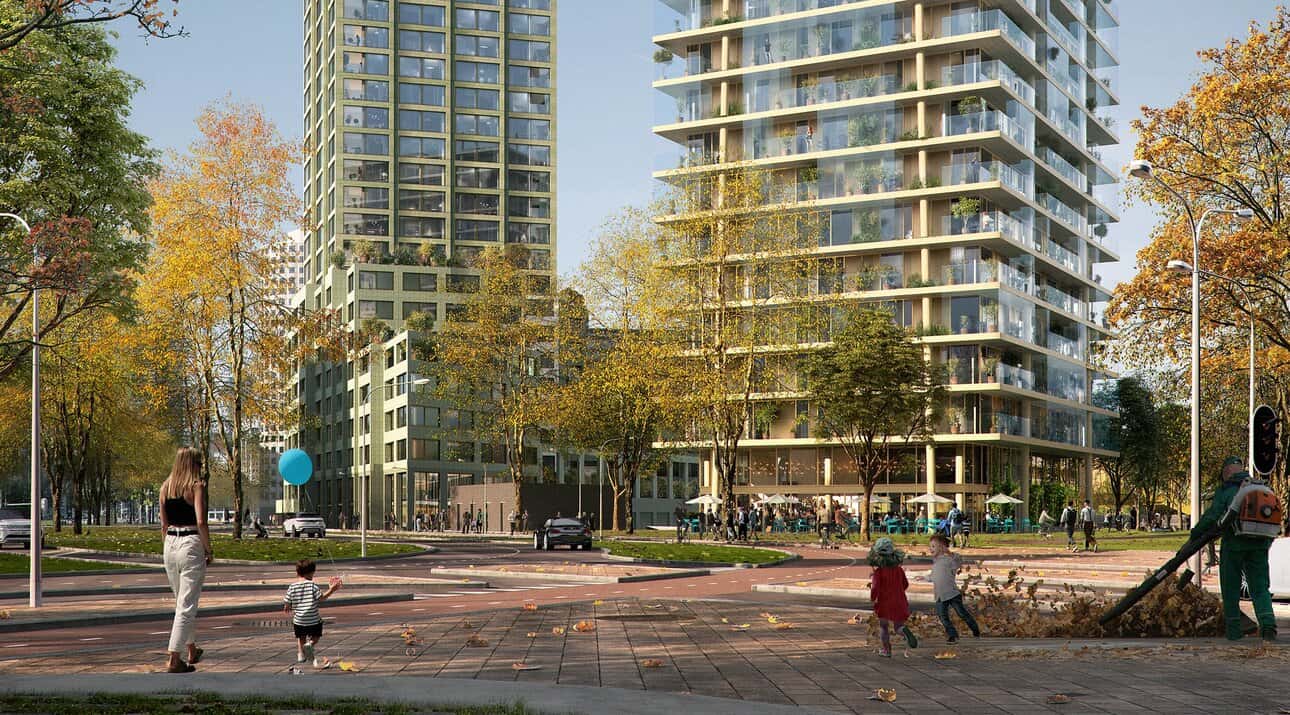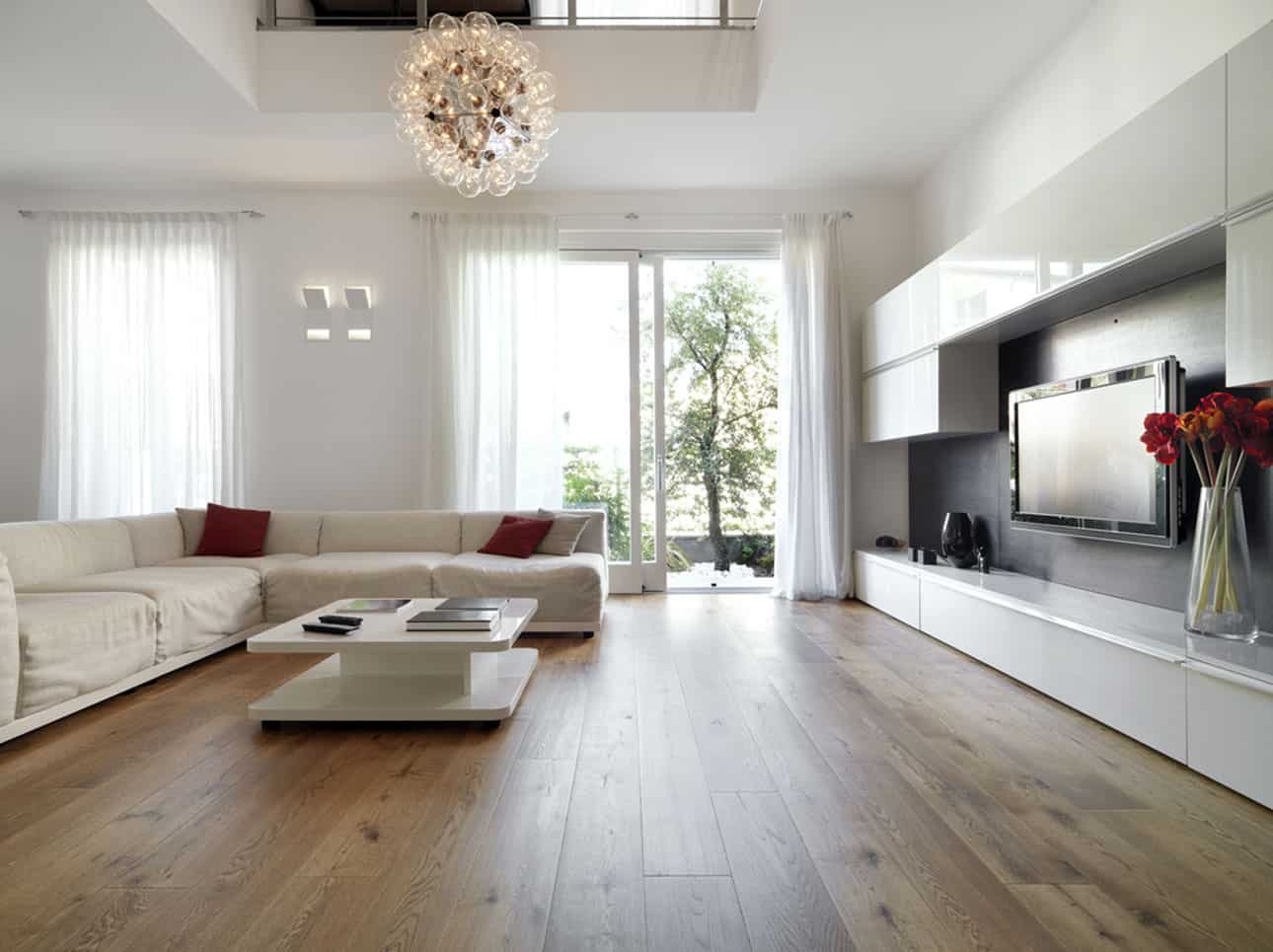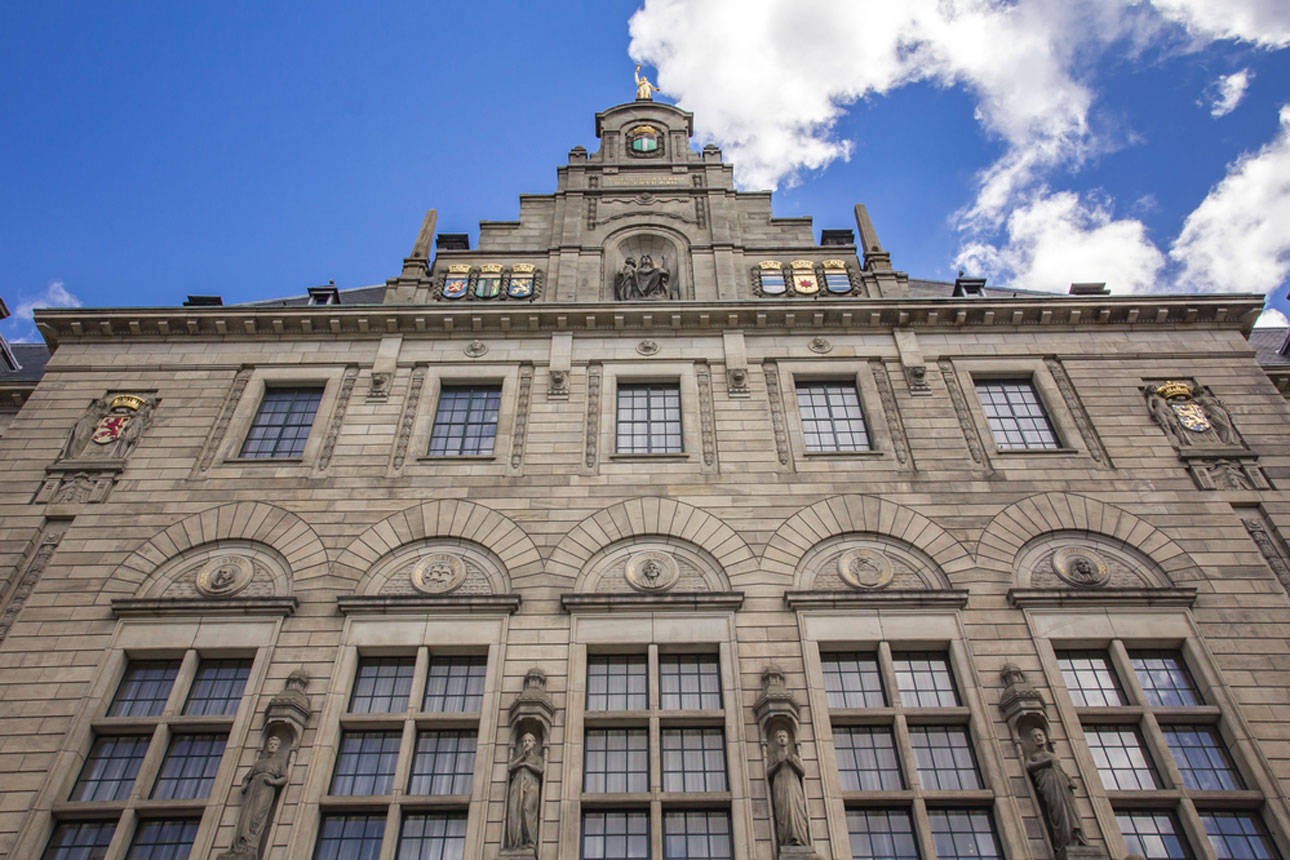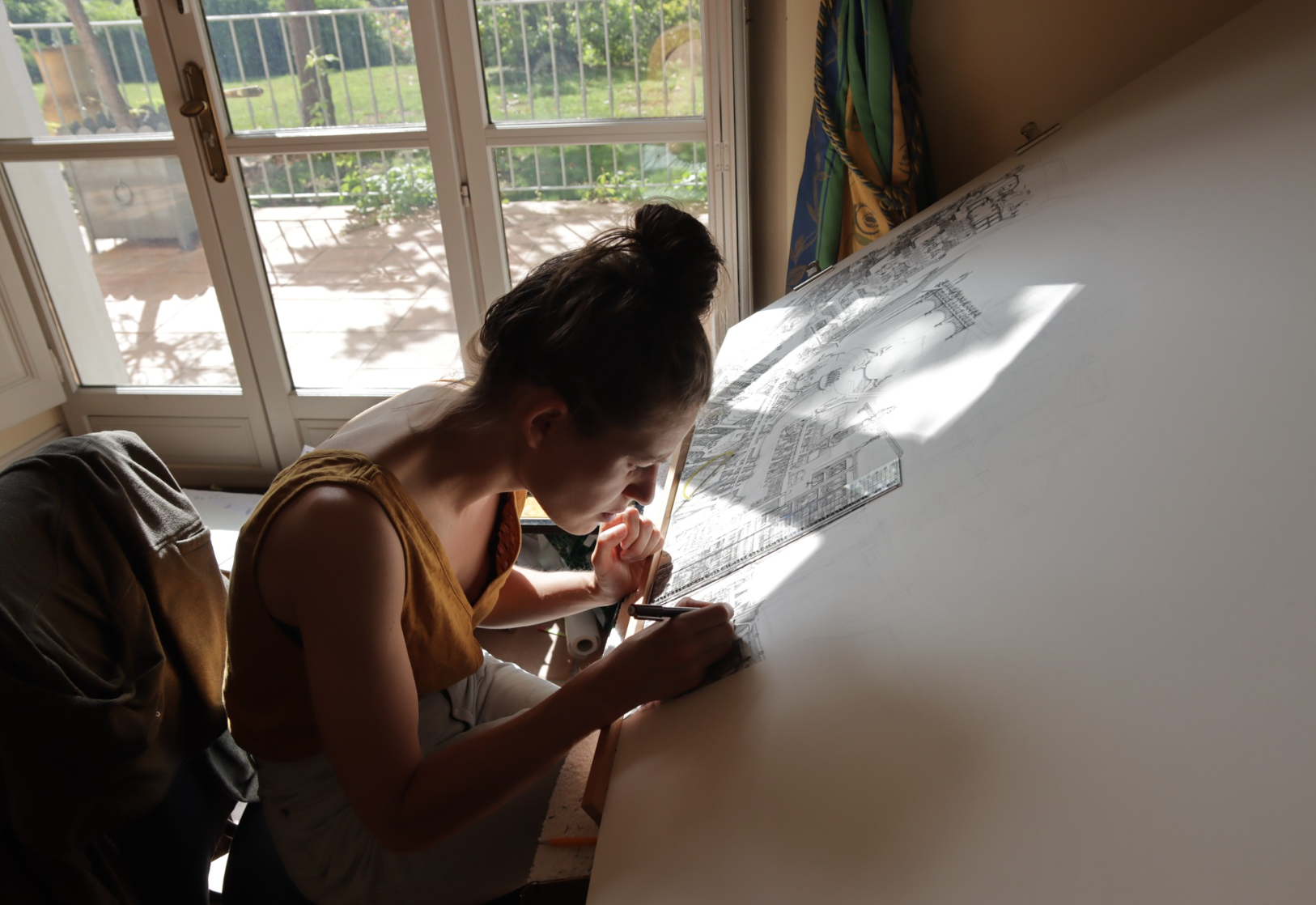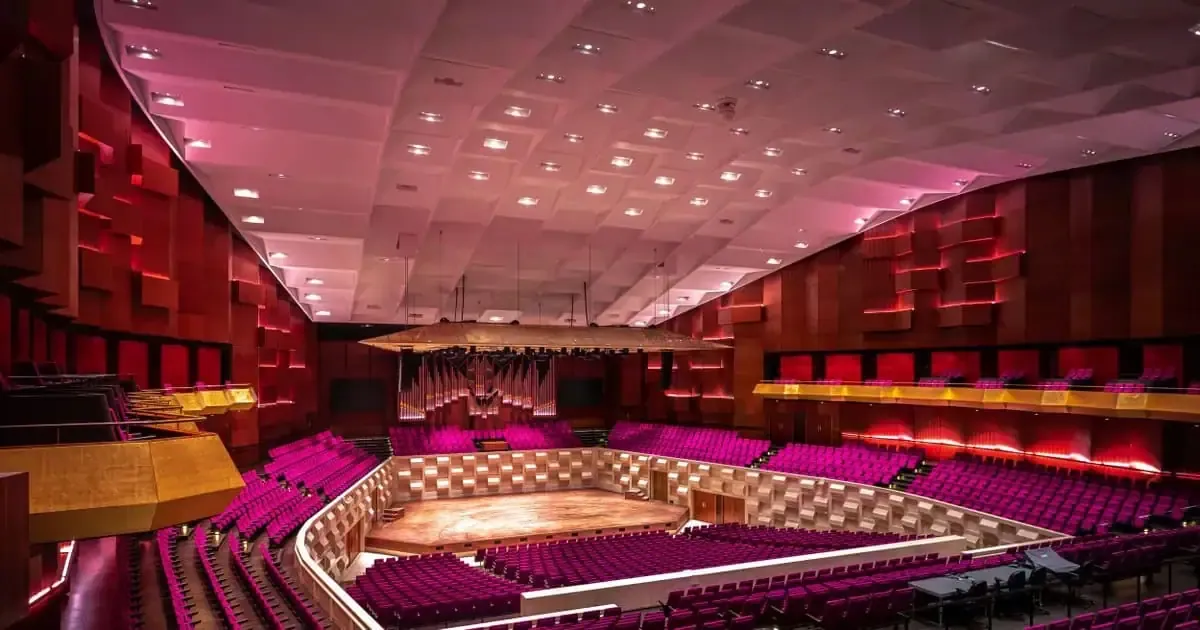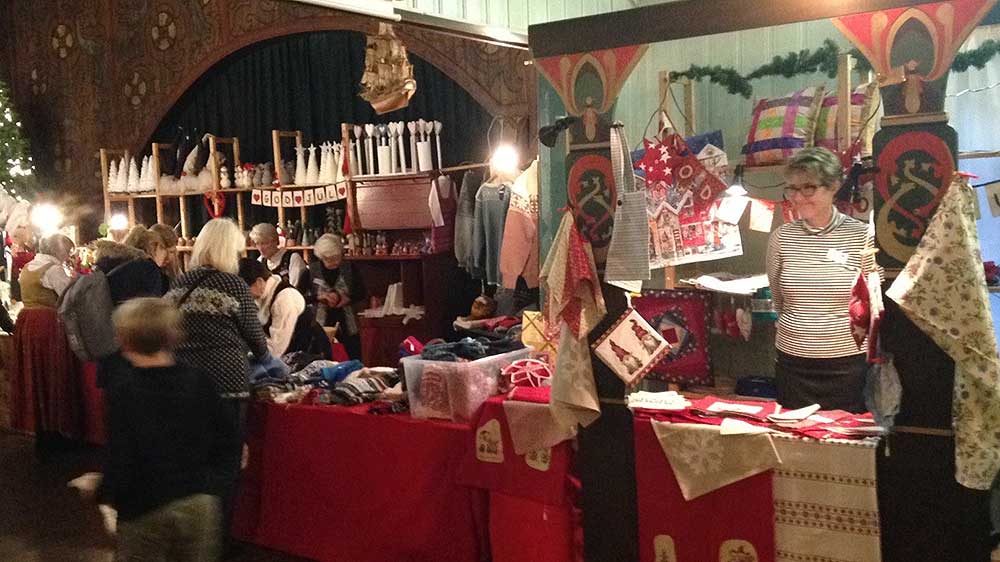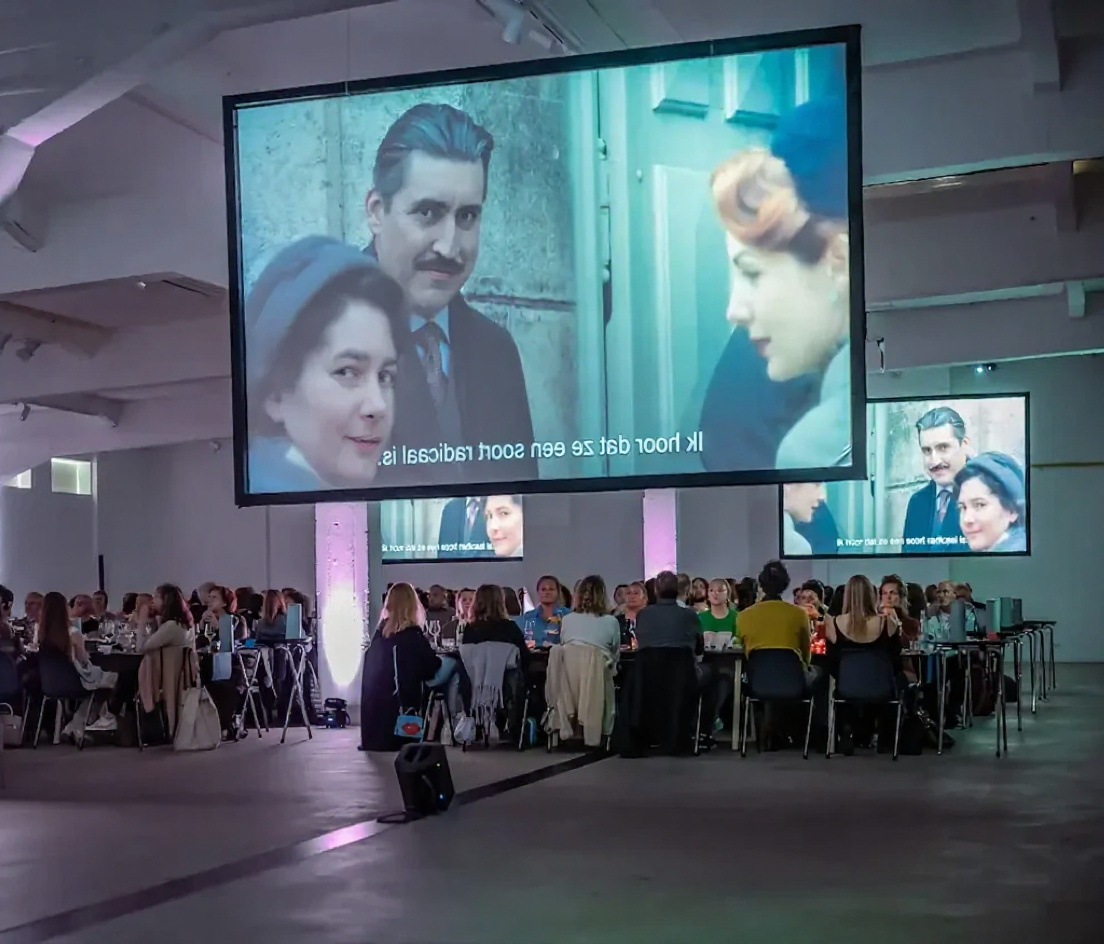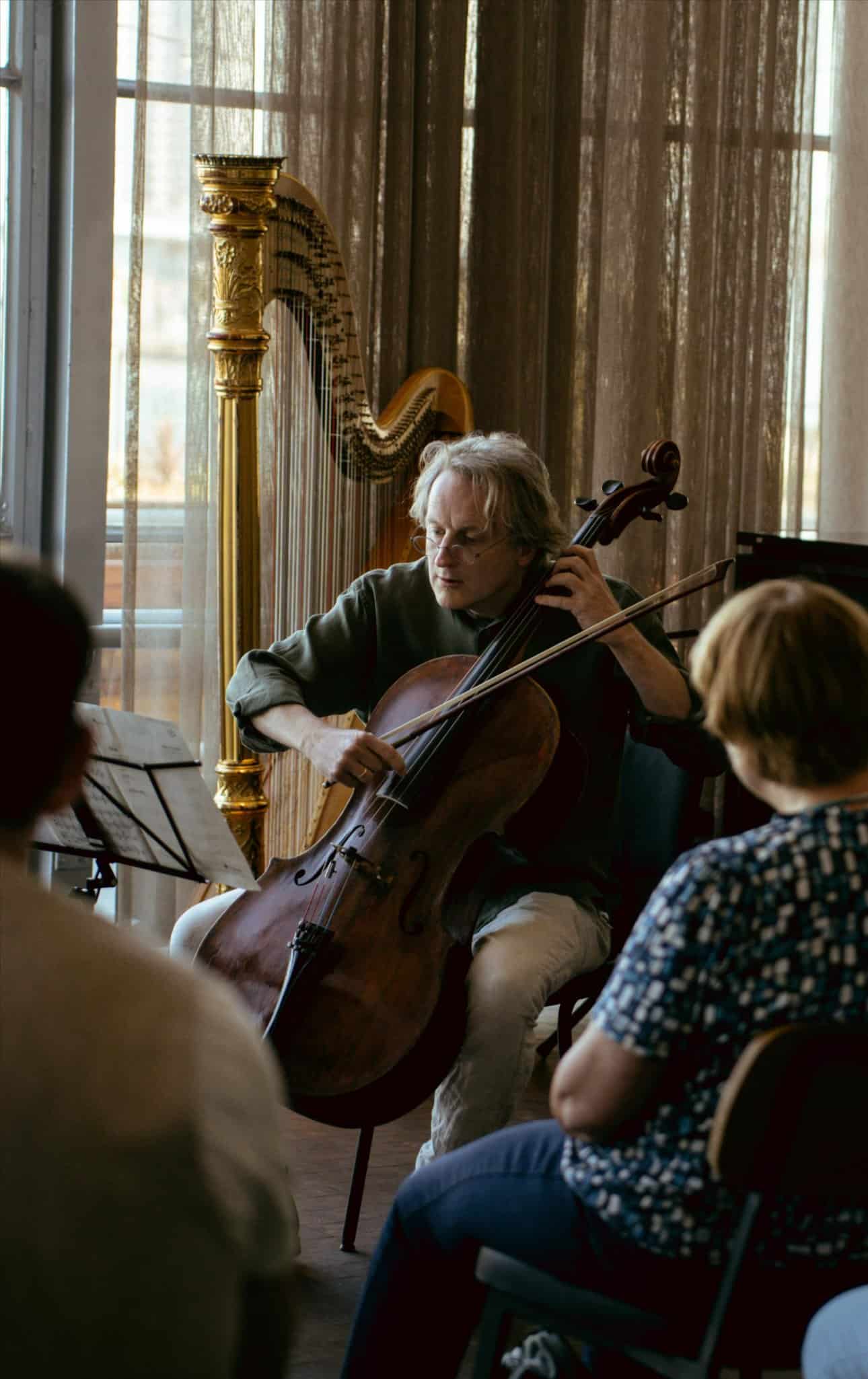Is Rotterdam a budget-friendly gem in the Netherlands, or does it come with hidden costs that rival its more famous neighbour, Amsterdam? The answer lies in dissecting the numbers and comparing lifestyles. Let’s dive in to uncover the true cost of living in this vibrant port city.
Is Rotterdam really affordable?
Rotterdam often gets tagged as the “cheaper alternative to Amsterdam,” but this label can be misleading. The cost of living here isn’t exactly a bargain, especially when you compare it to other parts of the Netherlands or Europe. The city ranks as the fourth most expensive in the country, with monthly expenses for a single individual averaging €2,775, and a family of four looking at €5,057. These figures make it clear that Rotterdam’s affordability is relative, not absolute.
But it’s not all numbers and grimacing at bills. Rotterdam offers unique perks that balance out its costs. Its modern infrastructure, job opportunities, and cultural scene typically feel like a good deal for what you’re spending. Yet, if you’re a bargain hunter or someone looking to stretch every euro, it’s essential to dig deeper into what makes Rotterdam tick financially.
Housing: Rotterdam's big-ticket item
Like most major cities, housing is where your wallet takes the biggest hit. Rotterdam’s rental and property prices have climbed steadily, driven by limited housing supply and increasing demand. For renters, the costs are significant but slightly gentler than in Amsterdam. A one-bedroom apartment in Rotterdam’s city center costs around €1,421 per month, while similar apartments outside the centre average €1,117. Families needing more space can expect to pay nearly €2,000 monthly for a three-bedroom apartment downtown.
If buying is on your radar, brace yourself. Property prices average €4,666 per square meter in the city centre, dropping to €3,129 in the outer neighbourhoods. These rates reflect a market that has grown by over 60% in the past decade, with another 2.6% jump in 2024 alone. Simply put, Rotterdam housing is expensive, but its value proposition depends on how much you’re willing to prioritize location, lifestyle, and long-term investment.
Food: Where meals can eat your budget
Food costs in Rotterdam strike a balance between reasonable groceries and pricier dining options. A meal at an inexpensive restaurant will set you back around €20, while a mid-range, three-course dinner for two averages €80. Even fast food isn’t exactly cheap, with combo meals priced at €12. If you enjoy cooking at home, staple grocery prices are more forgiving. A litre of milk costs about €1.08, a kilogram of rice is €3.00, and local cheese comes in at €12.08 per kilo.
Dining out regularly, though, can quickly pile up expenses. Think of it as a splurge rather than a routine, and keep an eye out for local markets offering fresh produce and ingredients at lower costs than supermarket chains. These markets help save money and immerse you in the vibrant community life Rotterdam is known for.
Transportation: A rising expense
Getting around Rotterdam is convenient but increasingly costly. Public transportation fares for trams, buses, and the metro are set to increase by 11.7% in 2024, following a 7% rise in the previous year. These hikes reflect growing personnel and energy costs faced by transport operators, leaving residents with fewer budget-friendly options for daily commutes.
Despite the rising fares, public transport remains an economical alternative to owning a car, especially when factoring in parking fees and fuel costs. Many residents also embrace cycling as a cost-effective and eco-friendly way to navigate the city. While transportation expenses may sting, they’re still manageable compared to other cities with equally comprehensive networks.
Rotterdam vs. other cities: How it stacks up
Rotterdam’s cost of living lands in an interesting middle ground. It is significantly cheaper than London, where single-person monthly expenses soar to €3,875, yet slightly pricier than Berlin, where they average €2,277. Within the Netherlands, Rotterdam shines as an affordable option compared to Amsterdam, with living costs reported to be about 50% lower. This price gap makes Rotterdam a compelling choice for people seeking a dynamic urban experience without Amsterdam’s hefty price tag.
Even so, affordability is relative. Compared to smaller Dutch cities or rural areas, Rotterdam can feel expensive. It’s all about weighing the trade-offs: do the city’s amenities, job opportunities, and quality of life make up for the steeper costs?
Economic trends fuelling the costs
Several factors have shaped Rotterdam’s current cost profile. Inflation in the Netherlands hit double digits in 2022 before easing to 2.5% in 2024. While this moderation is welcome, the cumulative effect of previous inflationary years is still felt. Wage growth, with a 6.9% jump in late 2023, has also driven up prices in many sectors, housing included.
The housing market remains one of the most influential drivers of Rotterdam’s expenses. Limited supply, combined with growing demand, continues to push rental and property prices upward. This trend shows no sign of slowing, meaning those planning to move to Rotterdam should budget carefully and act decisively when securing housing.
Finding affordable options in Rotterdam
Living in Rotterdam doesn’t have to drain your bank account. For those willing to adapt, there are strategies to cut costs. Choosing neighbourhoods outside the city centre, such as Crooswijk, can help reduce housing expenses. Shared accommodations are another popular option among students and young professionals. These setups lower costs and provide built-in social connections.
Public markets offer a practical way to save on groceries while supporting local vendors. Transportation expenses can be trimmed by relying on bikes for shorter distances and using public transit selectively. These small adjustments can make a significant difference over time, helping you enjoy the city’s vibrancy without financial stress.
Conclusion: Affordable or not?
So, is Rotterdam cheap? The answer depends on your perspective. Within the Dutch urban landscape, Rotterdam is a less costly alternative to Amsterdam, making it an attractive option for those seeking an affordable big-city lifestyle. However, when viewed on a broader European scale, Rotterdam’s expenses are far from modest. Housing, dining out, and transportation stand out as key budget items that require careful planning.
Despite its costs, many residents find Rotterdam worth the investment. Its dynamic cultural scene, robust infrastructure, and diverse neighbourhoods create a high quality of life. For those willing to embrace a bit of financial discipline, Rotterdam offers a unique blend of urban opportunity and liveability that justifies its price tag.


